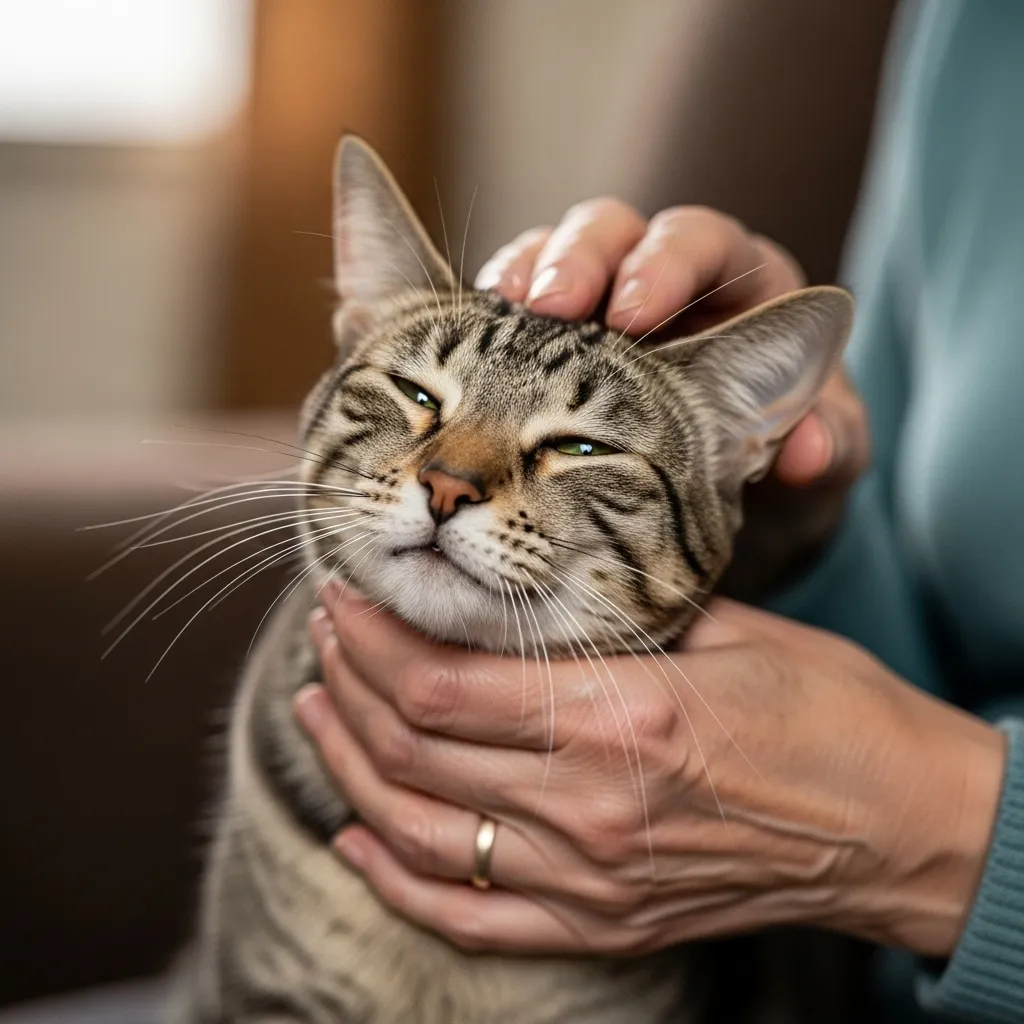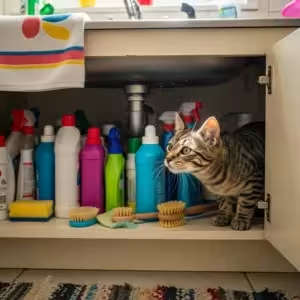
Frequently Asked Questions (FAQs)
What is the most low-maintenance pet for a senior?
The term “low-maintenance” can mean different things to different people. If it means low physical interaction and containment, a pair of finches or a small, well-maintained aquarium might be the answer. However, these require diligent environmental maintenance. For many seniors, the best balance of rewarding companionship and manageable care is found in a calm, adult cat. Their independent nature, combined with their affectionate personalities, often makes them the most suitable “low-maintenance” companion in a broader sense.
What if I can no longer care for my pet?
This is a critical and responsible question to ask before getting any pet. It is essential to have a plan in place. Discuss the possibility with family members or friends who might be willing to take over care if needed. When adopting from a reputable shelter or rescue organization, ask about their policies. Many have a “lifetime return” policy, ensuring the animal will always have a safe place to go. Some non-profits specialize in rehoming pets for seniors who enter assisted living or pass away.
Are there financial assistance programs for senior pet owners?
Yes, many programs exist to help seniors afford pet care. National organizations like The Humane Society of the United States often have lists of resources. Locally, Meals on Wheels America partners with programs that help deliver pet food to homebound seniors. Many local animal shelters and rescue groups offer low-cost spay/neuter services, vaccine clinics, and sometimes have pet food banks for community members in need.















